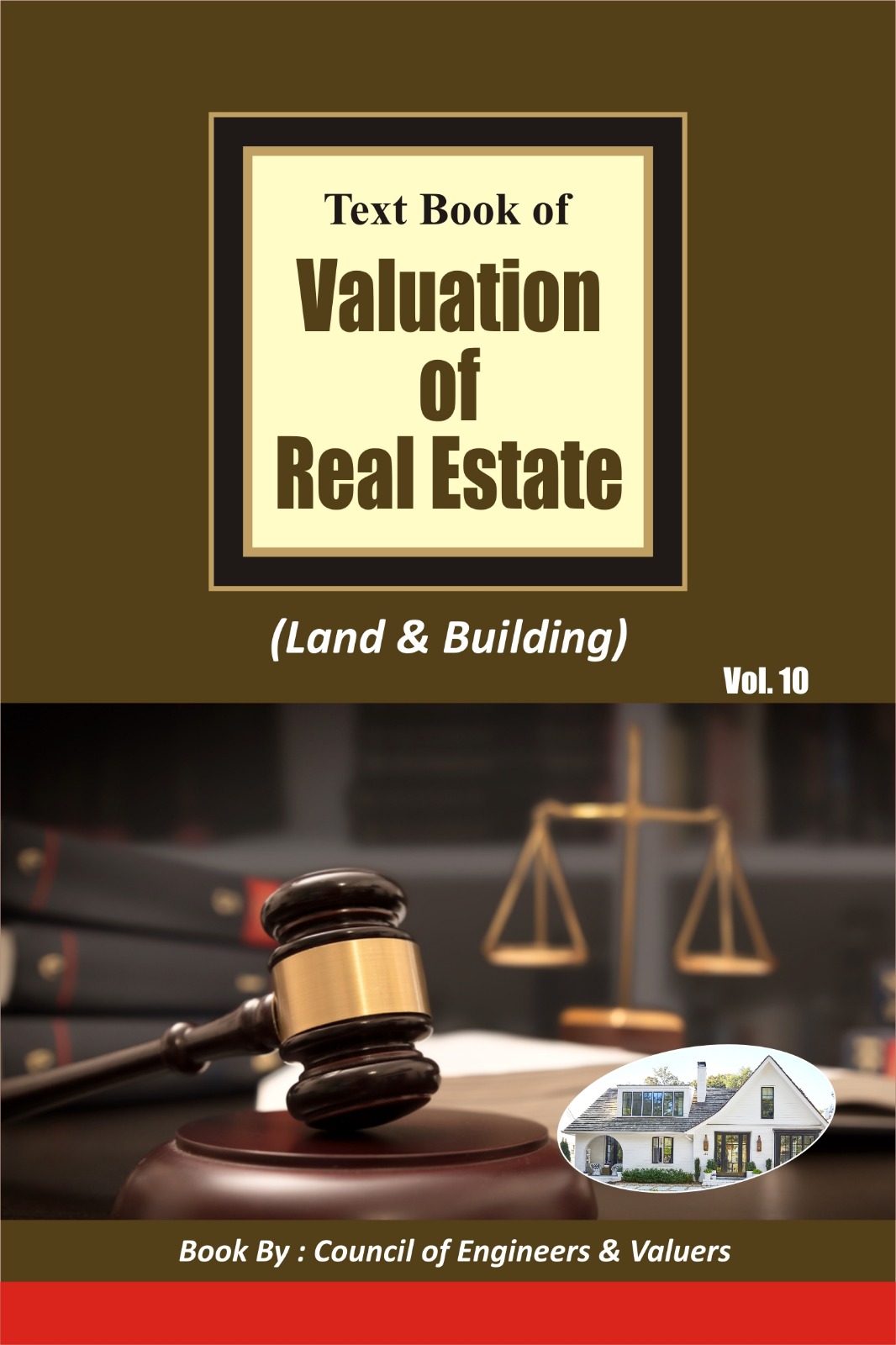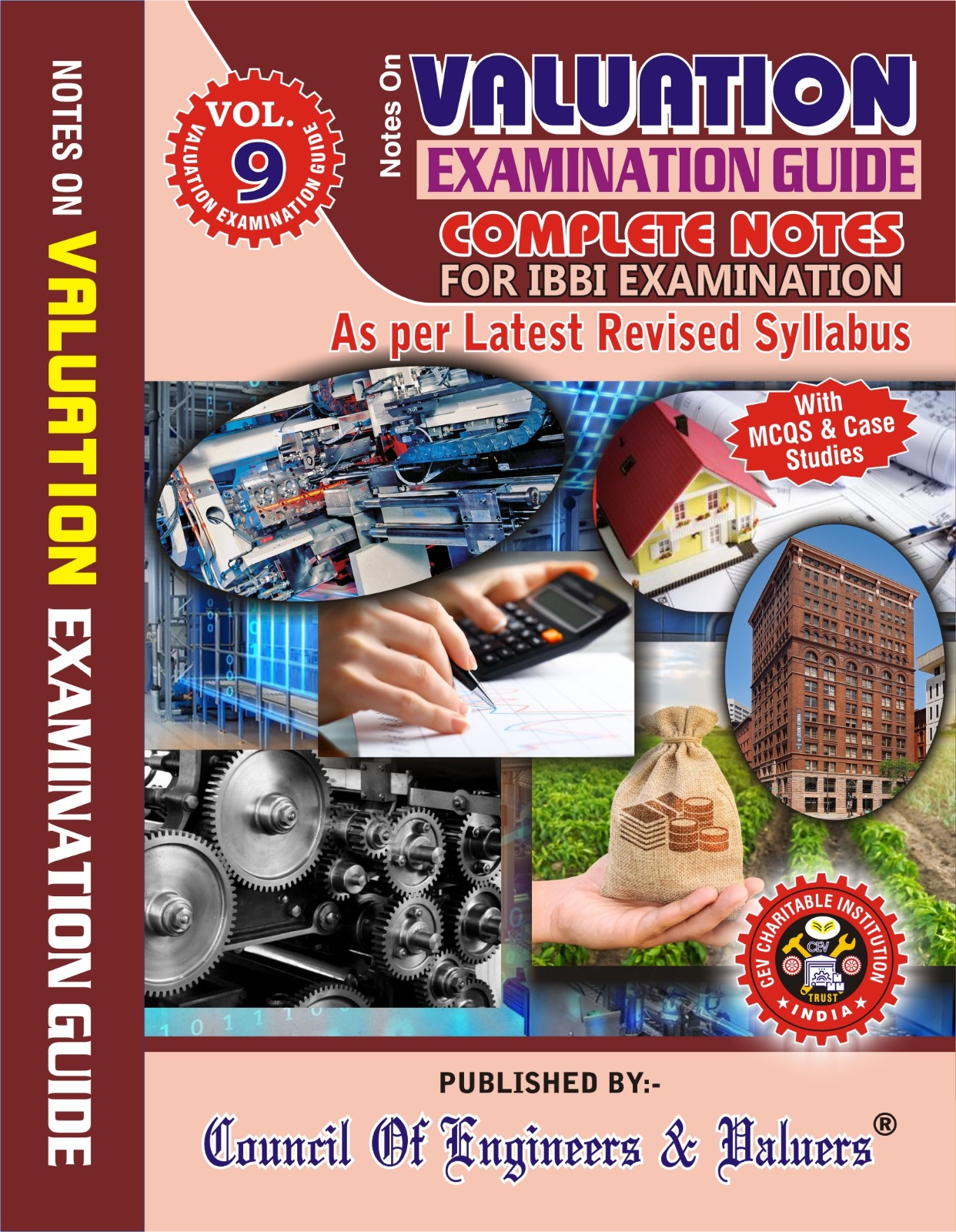REGISTERED VALUERS NEED EXPLAIN THEIR VALUATION METHODOLOGY TO THE COMMITTEE MEMBERS BEFORE ESTIMATING THE VALUES
NEW DELHI-16/02/2024, (TECHNO REPORTER): INSOLVENCY AND BANKRUPTCY BOARD OF INDIA vide NOTIFICATION No. IBBI/2023-24/GN/REG113 issued at New Delhi, the 15th February 2024 by the Insolvency and Bankruptcy Board of India (Insolvency Resolution Process for Corporate Persons) (Amendment) Regulations, 2024 which says in exercise of the powers conferred by clause (t) of sub-section (1) of section 196 read with section 240 of the Insolvency and Bankruptcy Code, 2016 (31 of 2016), the Insolvency and Bankruptcy Board of India has made the regulations to further amend the Insolvency and Bankruptcy Board of India (Insolvency Resolution Process for Corporate Persons) Regulations, 2016, namely:- The details of the notification are available on the IBBI official website https://ibbi.gov.in/
WHAT’S NEW FOR VALUERS:- In regulation 35, sub-regulation (1) after clause (a) a provision is added, which requires the resolution professional to organize a meeting where registered valuers shall explain their valuation methodology to the committee members before estimating the values.
In the principal regulations, in regulation 35, in sub-regulation (1), after clause (a), the following proviso shall be inserted, namely: – “Provided that the resolution professional shall facilitate a meeting wherein registered valuers shall explain the methodology being adopted to arrive at a valuation to the committee members before computation of estimates.”
WHAT MAY BE THE PROBABLE METHODOLOGIES EXPECTED TO BE EXPLAINED BY THE VALUERS
When registered valuers are required to explain their valuation methodology before estimating values, it entails a comprehensive disclosure of the approaches and techniques employed in the valuation process. Some key methodologies that valuers may need to elucidate include:
Comparable Sales Approach (CSA): This method involves analyzing recent sales of similar properties to determine the value of the subject property. Valuers should explain how they select and adjust comparable sales to account for differences.
Income Capitalization Approach (ICA): For income-generating properties, valuers may use this method, considering the property’s potential income and applying a capitalization rate. Valuers should clarify how they calculate the capitalization rate and project future income.
Cost Approach: This approach assesses the value of a property by estimating the cost to replace or reproduce it, minus depreciation. Valuers should detail how they determine construction costs, depreciation factors, and land values.
Discounted Cash Flow (DCF): Often used for investment properties, DCF estimates the present value of future cash flows. Valuers should outline the assumptions, discount rates, and projections used in this method.
Market Analysis: Valuers may need to provide a comprehensive market analysis, including trends, demand-supply dynamics, and economic factors influencing the property’s value.
Special Considerations: If there are unique aspects affecting the property, such as environmental factors, legal issues, or market conditions, valuers should elaborate on how these factors are incorporated into the valuation.
Data Sources and Verification: Valuers should disclose the sources of data used in their analysis, as well as the steps taken to verify the accuracy and reliability of the information.
Assumptions and Limitations: Valuers must communicate any assumptions made during the valuation process and highlight the limitations of their methodology, acknowledging the inherent uncertainties involved.
Regulatory Compliance: Explain how the valuation adheres to relevant regulations, standards, and guidelines, ensuring that the process is conducted ethically and in accordance with professional standards.
Stakeholder Communication: Valuers may also need to clarify how they communicate with relevant stakeholders, including clients, to gather information and validate assumptions.
By elucidating these methodologies, registered valuers not only enhance transparency but also empower stakeholders to make informed decisions based on a thorough understanding of the valuation process. This comprehensive disclosure is essential for building trust and credibility in the field of property valuation.




